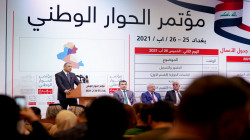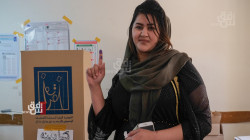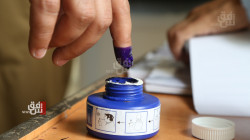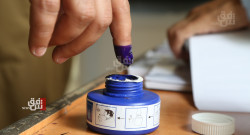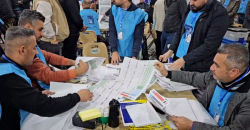Former Iraqi PM calls for Electoral Law reform
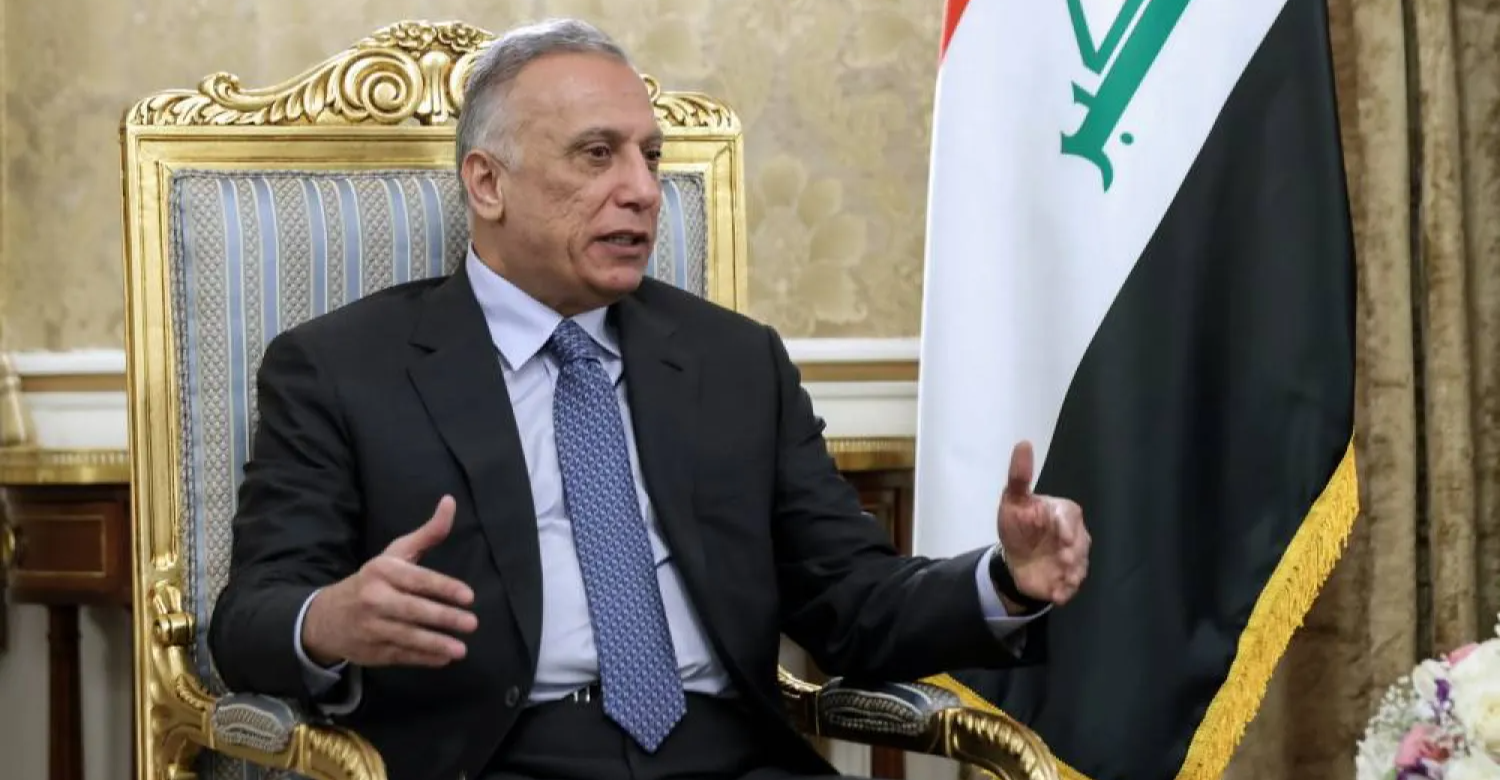
Shafaq News/ On Sunday, former Iraqi Prime Minister Mustafa al-Kadhimi called for reforms in Iraq’s electoral system, urging the adoption of a permanent legal framework and the establishment of a politically independent electoral commission.
In an article published by Asharq Al-Awsat, al-Kadhimi outlined three core flaws he believes have repeatedly undermined Iraq’s elections: repeated changes to Electoral Law before each vote, disregard for demographic shifts, and the absence of consistent rules for representation. He warned that ruling parties have routinely altered electoral laws to serve their own interests, distorting voter intent and reshaping the political scene to their advantage.
These practices, he argued, have led to a disconnect between election outcomes and the actual will of the people, highlighting the need to align seat distribution with Iraq’s demographic and geographic realities—not by expanding the number of seats, but by ensuring that allocation is based on population data.
Al-Kadhimi criticized the inconsistent application of the one-MP-per-100,000-citizens rule, pointing out that its uneven enforcement has led to disproportionate representation for some provinces while excluding others. He proposed a fixed formula grounded in demographic criteria to close these gaps.
To ensure long-term stability, he called for a permanent electoral system with objective, evolving criteria. His proposed model is based on proportional representation, dividing parliamentary seats into three categories: winners by highest votes, quotas for women and minorities, and compensatory seats to correct regional imbalances.
He also proposed fixed electoral districts determined by population, with boundaries reviewed only when significant demographic shifts occur, helping maintain stability while remaining responsive to change.
Voting System
Addressing Iraq’s broader debate over the voting method for the upcoming November 11 elections, al-Kadhimi advocated for a system where political parties present ranked lists of candidates per district, allowing voters to choose individuals from within those lists. This model, he explained, would dilute single-list dominance and open space for independent candidates who cross the electoral threshold.
He stressed the need for a clearly defined and uniformly enforced electoral quotient to ensure balanced competition between independents and political blocs.
On electoral conduct, al-Kadhimi urged stronger safeguards to prevent “the misuse of public funds and early vote-buying disguised as outreach campaigns,” warning that such practices not only strain public finances but also erode trust in the electoral process.
Reflecting on Iraq’s 2021 elections, he described them as the most transparent in the country’s modern history, crediting the Independent High Electoral Commission. To preserve and build on that credibility, he recommended insulating the commission from political control by selecting members from outside party circles, preferably judges appointed in consultation with the judiciary.
